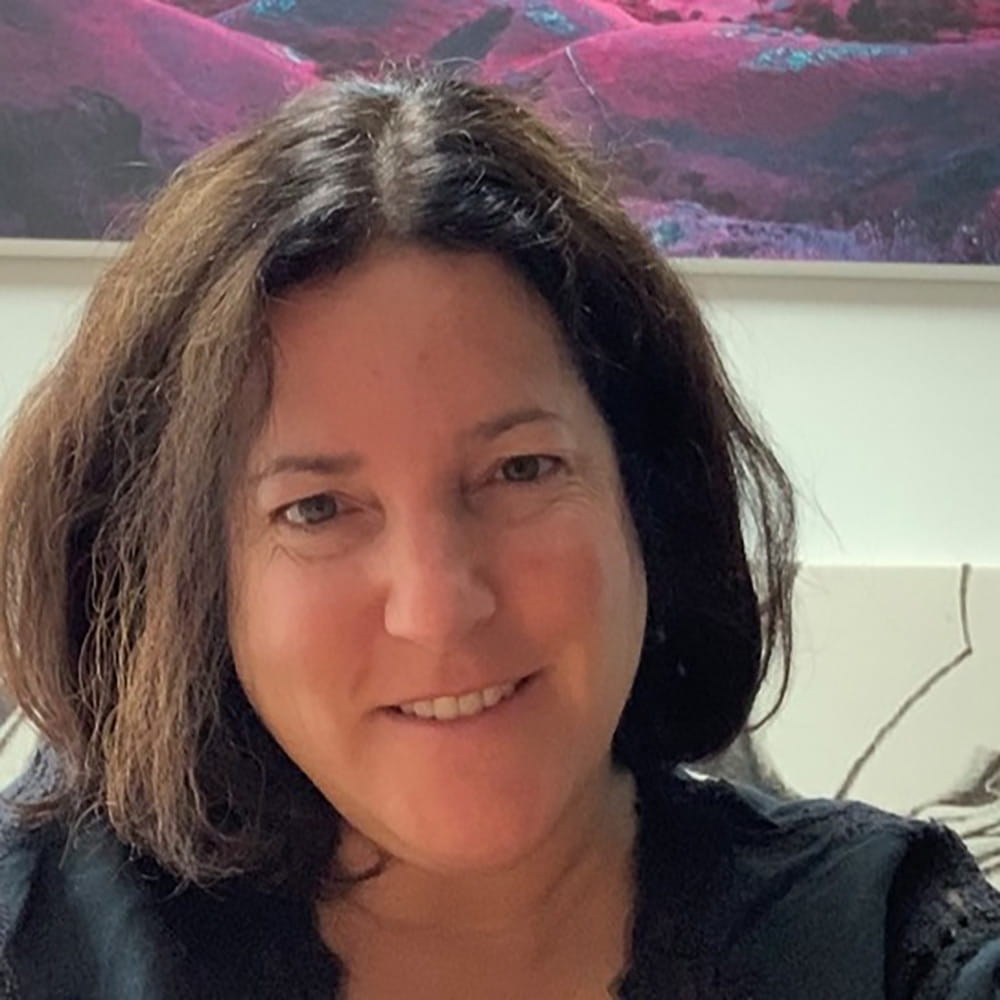Holocaust Memorial Week

This year, we mark the 80th anniversary of the liberation of Auschwitz-Birkenau, the largest Nazi concentration camp complex where over 1.1 million men, women, and children lost their lives. It also marks the 30th anniversary of the genocide in Srebrenica.
Twenty years ago, the United Nations General Assembly, through Resolution 60/7 (.pdf), established 27 January as International Holocaust Remembrance Day. The Resolution reminds that the Holocaust, “which resulted in the murder of one third of the Jewish people, along with countless members of other minorities, will forever be a warning to all people of the dangers of hatred, bigotry, racism and prejudice” and “condemns without reserve all manifestations of religious intolerance, incitement, harassment or violence against persons or communities based on ethnic origin or religious belief, wherever they occur”.
Remembering the Holocaust and the many genocides that have followed since, whether in Bosnia, Rwanda, Myanmar, Darfur, Gaza, or elsewhere, is to dignify the lives of those who were cruelly murdered and make sure we learn from the lessons of the past. The lessons of the past are not simply about the depravity of slaughtering a people because of hatred of who they are or what they represent. We are also reminded that persecution stems from everyday hatred, propaganda, and prejudices that are left unchecked, from the use of racist hate speech and dehumanising language to refer to particular groups which over time results in those groups ceasing to matter in the eyes of the abusers and the general public.
It can be difficult to focus on the act of remembering when the world all around us seems to have collective amnesia; and no matter what direction we turn, it seems that all we can see is Again and Again… “Never again” was meant to mean never again for Anyone. But cynicism or despair are not viable options.
This year’s Holocaust Memorial Day theme, “For a better future”, is to my mind all about the steps we must take to end the Again and Again. This requires us to redouble our efforts. Restoring dignity to those who were persecuted senselessly is crucial work. It was crucial work 80 years ago on the day the Auschwitz-Birkenau camp was liberated, and it is crucial work today, tomorrow, and into the future. It is an act of prevention; the more we remember, the more we know and the more we can consciously refuse to be subsumed by the tide of hatred engulfing any society – we can speak up for peace and tolerance, we can be positive voices for change in our own communities. We can call out hatred wherever we see it, whoever is doing the hating, and whoever is being hated.
We all deserve a better future; it is time to make that a reality.
